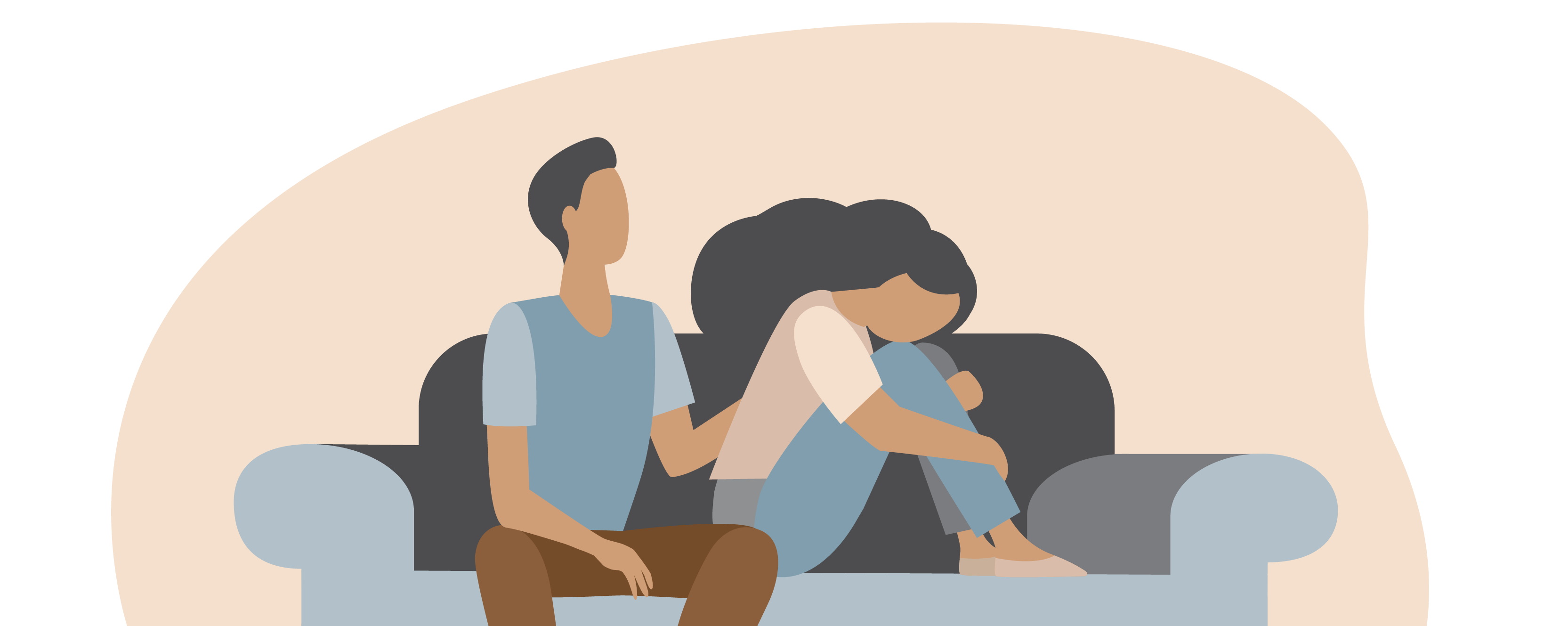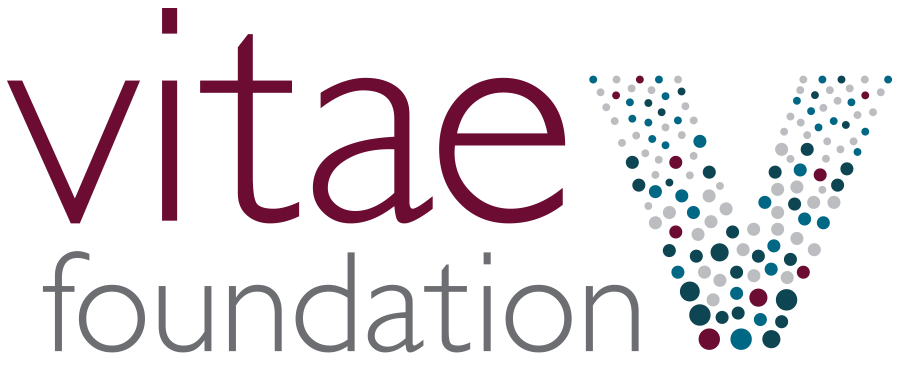
When we present our research findings at events, conferences and meetings around the country, we often ask our audiences for their recommendations for future research topics. The most consistent recommendation: A study on how men respond to abortion. It might not be surprising, then, that this topic has recently been featured in several national publications and quantitative research studies.
An interesting coincidence (what I like to call a “God-incidence”) is that our recent research study on abortion healing, “No Regrets?” (2023) revealed four significant themes directly related to the same topic. This is remarkable considering the “No Regrets?” study was not designed to seek data related to the father’s involvement.
Despite this fact, the women in the study freely, frequently . . . and tragically, mentioned these ideas:
1. The father of the baby has no say in the woman’s choice of life, abortion or adoption
2. Abortion is a woman’s choice (her right)
3. The father of the baby often wanted the child and urged her to choose life (sometimes she did and sometimes she did not)
4. The father of the baby frequently said he would support her in whatever she chose (the woman/mother expressed mixed feelings about this response)
These findings are drawn from respondents’ lived experiences along with their internalization of pro-abortion talking points so commonly presented in the media and our culture. While difficult to hear, they are extremely helpful in helping us create messages to more effectively reach people making consumer decisions.
This is more beneficial than polling, self-report surveys or focus groups which tend to reveal left-brain, purposeful reasons people give for their decisions. These responses are often tainted by an internal filter to say only what is socially acceptable or by a psychological need to give responses they think an interviewer wants to hear.
We believe abortion is an emotionally-driven consumer decision, and we must understand the emotions of women and men to better communicate with people making these decisions as well as with people who support the idea of abortion, in general.
Women will only have true equality when men share with them the responsibility of bringing up the next generation.
Therefore, our proposed study on men is vital to find out how men respond emotionally to the abortion issue, how they interact with their preborn child’s mother when facing an unexpected pregnancy, and how to develop messages that will help them truly support the woman and not simply utter the all-too-common “I’ll support you either way” (which she often sees as putting the decision/responsibility completely back on her and, ironically, feels no real support). The majority of women who have had abortions say that they would have chosen life had their partners been more supportive. This means, whether vocalized or not, women usually want their partner’s input on important, difficult decisions like this.
In our previous study, “No Regrets?”, we found that women often deal with regret, guilt, sadness and pain related to past abortions. Similarly, there is overwhelming data showing that men whose children are aborted, experience negative emotional and psychological effects.
New Study Shows Men Face Mental Health Issues After Partner Aborted Their Baby. Click here to learn more.
Understanding the emotional responses of men toward abortion will enable us to help men stand up for their children, their wives/girlfriends and themselves. This will cause them to avoid this trauma and pain and to instead experience fatherhood as a heroic and worthy challenge.
Our culture doesn’t understand that men often want to take on the opportunity and responsibility of being a father, especially once they process the initial shock of an unexpected pregnancy. Through our upcoming study, we hope to uncover data and develop findings that will aid us in creating messages to help new dads accept the responsibility of becoming the fathers their preborn children and partners need them to be.
